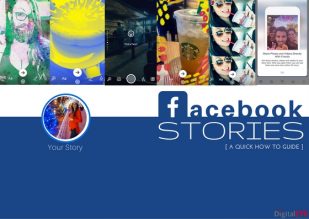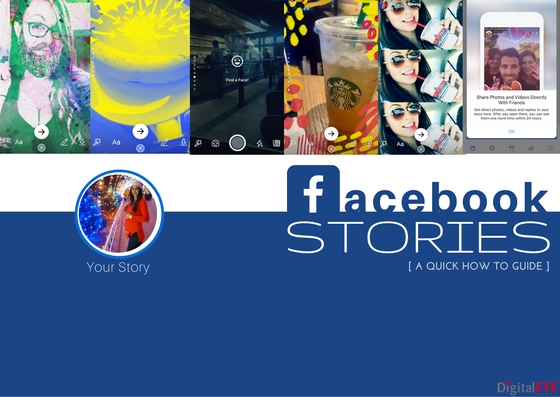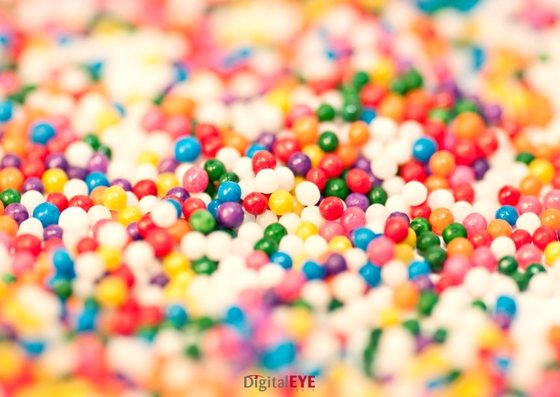Facebook Favors High Quality Articles in the News Feed
Facebook continues to battle Twitter for the top spot in social media royalty. But with user interests changing, Facebook is having to make some changes to its algorithm, as well. Once upon a time, memes were cool and a small group of people followed them and shared them with others. But recently, memes and images like those created with Bitstrip have taken over Facebook. Unfortunately, Facebook’s research indicates that people don’t really like these updates, and prefer short-form, informative news articles over lower quality meme-like content. While much is still unknown about the new algorithm, there are a few things that are certain regarding why the change is happening.
Memes Aren’t What They Used to Be
When memes first entered the online spectrum, they weren’t as popular among the social media masses. In fact, really only a small group of people circulated them. Usually, memes were inside jokes related to movies or games, or were quirky intellectual memes regarding science or other areas of academia. They were kind of a “nerdy chic” thing to do, and they were appreciated. But then, the masses became aware of memes, and the more they caught on, the more the look of memes changed. Now, they’re more foul, often contain vulgar content, and with the emergence of “grumpy cat” and similar characters, they have turned into a way for bored people to waste time. At the end of the day, memes have become silly and lack entertainment value, and Facebook is now demoting them to lower realms of the News Feed so that higher quality content can rise to the surface.

Relevancy Rules
Facebook has found that people, on the whole, prefer relevant news articles over any other content in their feeds. After all, it is called a News Feed for a reason. Algorithms that are already in use for things like remarketing are able to play on user searches and interests to deliver highly relevant news articles to users of Facebook. Relevancy is the key to user engagement, so by making this change Facebook hopes to become more relevant to its users, thus increasing user activity and engagement, and keeping Facebook alive.
Click Patterns Determine Quality
Facebook is looking at what links are clicked in order to determine what users like. Mostly, people are clicking on short-form news articles from places like Upworthy, indicating this type of content is preferred by users. Facebook is also looking at how often articles on the News Feed are clicked on from mobile devices so as to optimize the mobile experience of Facebook users, as well. Soon, users will see far more news articles in their feeds, especially on mobile devices.
Interesting Observations
If online comments and conversations are an accurate portrayal of the feelings of Facebook users, these welcomed changes are also found to be slightly ironic. Facebook, after all, started out primarily as a way to share photos. Even as recently as last year, the discussion surrounding Facebook’s algorithm suggested photos should be promoted and shared for the best results. Now, though, Facebook has become more of a Newsbook than anything else. Part of the reason for this shift is that user interest is shifting, and with photo sharing competition at an all-time high with apps like Instagram and SnapChat, Facebook has to compete in the news realm, which means taking on Twitter. It’s unclear when these changes will roll out, but it will be interesting to see what happens once they do.











Nice to read this article.
Thanks Jacques, Facebook is turning into another Google.